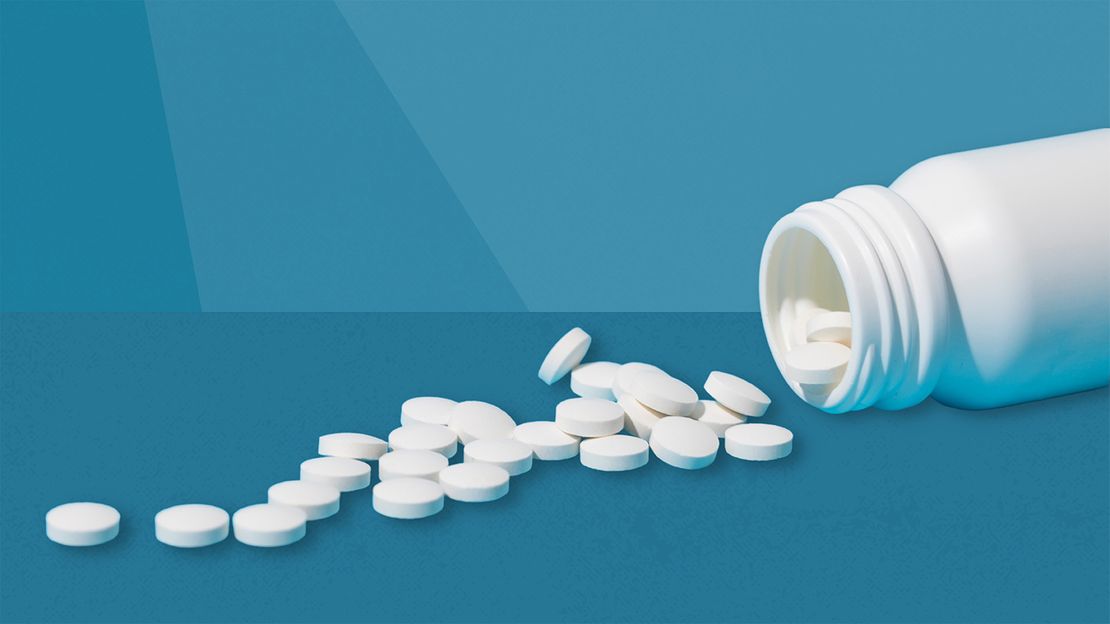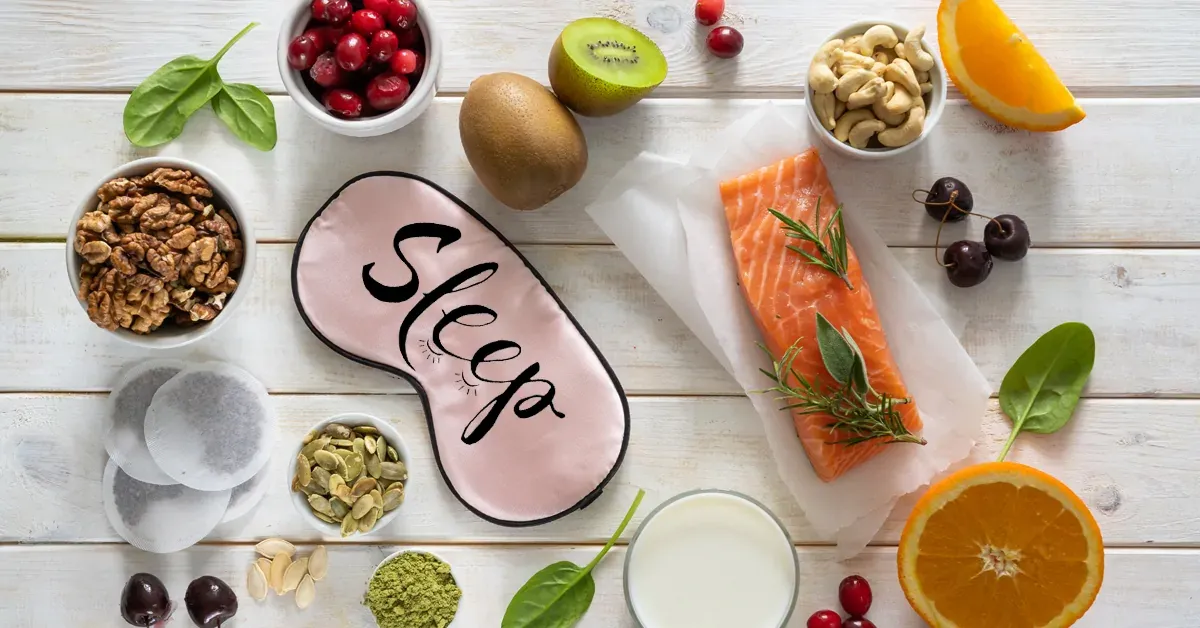Is Melatonin Healthy?

Sleep is a critical element of our overall wellbeing and a lack of it can lead to a number of complications including obesity, hypertension, and even diabetes. As a nutritionist, I've had numerous clients searching for natural remedies to enhance the quality of their sleep. One substance that has consistently drawn vast interest is melatonin. However, a frequently asked question is, "Is melatonin healthy?" Let's delve into the world of this interesting hormone and explore what it is, what it contains, its health implications, and its shelf life.
What is Melatonin?
First up, we need to clarify what melatonin is. Melatonin is a hormone produced by the pineal gland, located in the base of your brain. This hormone's primary responsibility is to regulate your sleep-wake cycle. It is also found in certain foods, and can be synthesized in laboratories for use as a dietary supplement.
The production and secretion of melatonin are majorly influenced by light. That is, light exposure inhibits melatonin secretion, while darkness stimulates it, hence facilitating sleep. A key point here is that melatonin is perfectly natural, as your body produces it in response to the day-night cycle.
What is in Melatonin Supplements?
The next fundamental question in understanding the health aspects of melatonin hinges on what it contains, more specifically, in the form of supplements. Commercially produced melatonin supplements primarily contain the synthetic version of the hormone. These supplements may also include other ingredients like magnesium stearate, gelatin, silicon dioxide, or vegetable cellulose, depending on the brand.
It's also important to recognise that melatonin dose can vary from supplement to supplement, often ranging from 1 milligram to as high as 10 milligrams per pill. Melatonin is a potent substance, and the appropriate dose can vary considerably from person to person.
Is Melatonin Healthy?
The big question, "Is melatonin healthy?" deserves a well-informed answer. The fact that melatonin is a component produced by our body signifies its inherent safety in its natural form. As long as your body’s melatonin production is within the normal range, and your sleep wake cycle is adequately managed, melatonin is not just safe but also vital for your wellbeing.
However, when we consider melatonin supplements, a more nuanced answer is required. Are they healthy? Primarily, yes, as long as they are used appropriately. A frequent, inappropriate habit may lead to potential side effects like short-term feelings of depression, daytime sleepiness, slight tremor or reduced alertness.
The Benefits of Melatonin
Despite the potential negatives, it's important not to overlook the array of benefits associated with melatonin. Numerous studies indicate that melatonin supplements can assist people who struggle with sleep disorders such as insomnia and jet lag. Melatonin may also have benefits in reducing the time it takes to fall asleep, increasing overall sleep time, and improving the quality of sleep.
Moreover, some research indicates that melatonin may play a role in boosting the immune system, preventing age-related macular degeneration, and even practicing anti-cancer effects.
Does Melatonin Expire?
We have so far established that melatonin is generally safe, but an important question we haven't yet addressed is, "Does melatonin expire?" Yes, like all supplements, melatonin does have a shelf life. The expiration date is typically printed on the bottle.
Using supplements past their expiration date doesn't typically pose any significant health risks. However, they may not be as effective. The chemical composition of any supplement can change over time, and its efficacy may decrease as a result. Therefore, it is always best to adhere to the expiration dates provided by the manufacturer.

Foods That Aid With Sleep
While melatonin supplements certainly have their place, they are not the only solution to improve sleep. Diet plays a crucial role in almost all bodily functions, including sleep regulation. Indeed, food can naturally provide us with some of the ingredients that promote good sleep, including melatonin, tryptophan, magnesium, and calcium. Let's explore a few food items that can function as natural sleep aids.
Tart Cherries: Tart cherries, and their juice, are packed with melatonin and have shown potential in improving both sleep quality and duration. A study conducted by Louisiana State University found that participants who drank tart cherry juice twice a day for two weeks experienced longer sleep duration and reported more efficient sleep.
Kiwi: This fruit is rich in serotonin, a neurotransmitter that helps regulate the sleep-wake cycle. A study published in the Asian Pacific Journal of Clinical Nutrition found out that eating kiwis before bed can help in falling asleep faster, improve sleep efficiency, and increase total sleep time.
Almonds: These nutritious nuts are packed with magnesium, a mineral often suggested to improve sleep quality, especially for those with insomnia. Almonds also contain sufficient amounts of calcium, which aids in stress reduction and stabilizes certain neurotransmitters that promote sleep.
Fish: Fish is an excellent source of vitamin B6, which your body requires to produce melatonin. Fatty fish like salmon, tuna, and mackerel are rich in omega-3 fatty acids, which can enhance sleep quality by increasing the production of serotonin.
Bananas: Bananas are loaded with magnesium and potassium, which can relax overstressed muscles. They also contain tryptophan, an amino acid that helps the body produce serotonin and melatonin, leading to better sleep.
Incorporate Sleep-Inducing Foods into Your Diet
While melatonin supplements might seem like a quick fix to improving sleep, adding these sleep-inducing foods to your diet could be a healthier and more long-term natural solution. However, remember that these foods alone are not a cure-all. Good sleep hygiene involves regular sleep routines, a comfortable sleep environment, and a balanced diet.
Being aware of what you eat and how it affects your sleep is one step to improving your overall health and wellbeing. After all, a restful night's sleep nourishes the mind, body, and soul. Remember to consult with a healthcare professional or a registered dietitian before making drastic changes to your diet.
At SnapCalorie, we understand that tracking your nutrition can be a complex task. That's why our app makes it simple to stay on top of your eating habits. Track your consumption of sleep-aiding foods and watch your sleep improve over time. You owe it to yourself to rest well and fuel your body with what it needs to thrive. Let SnapCalorie guide you on your journey to better sleep and improved health. Sweet dreams!
Want more food tips? Check out "What is Kefir? Is Kefir good for you?"